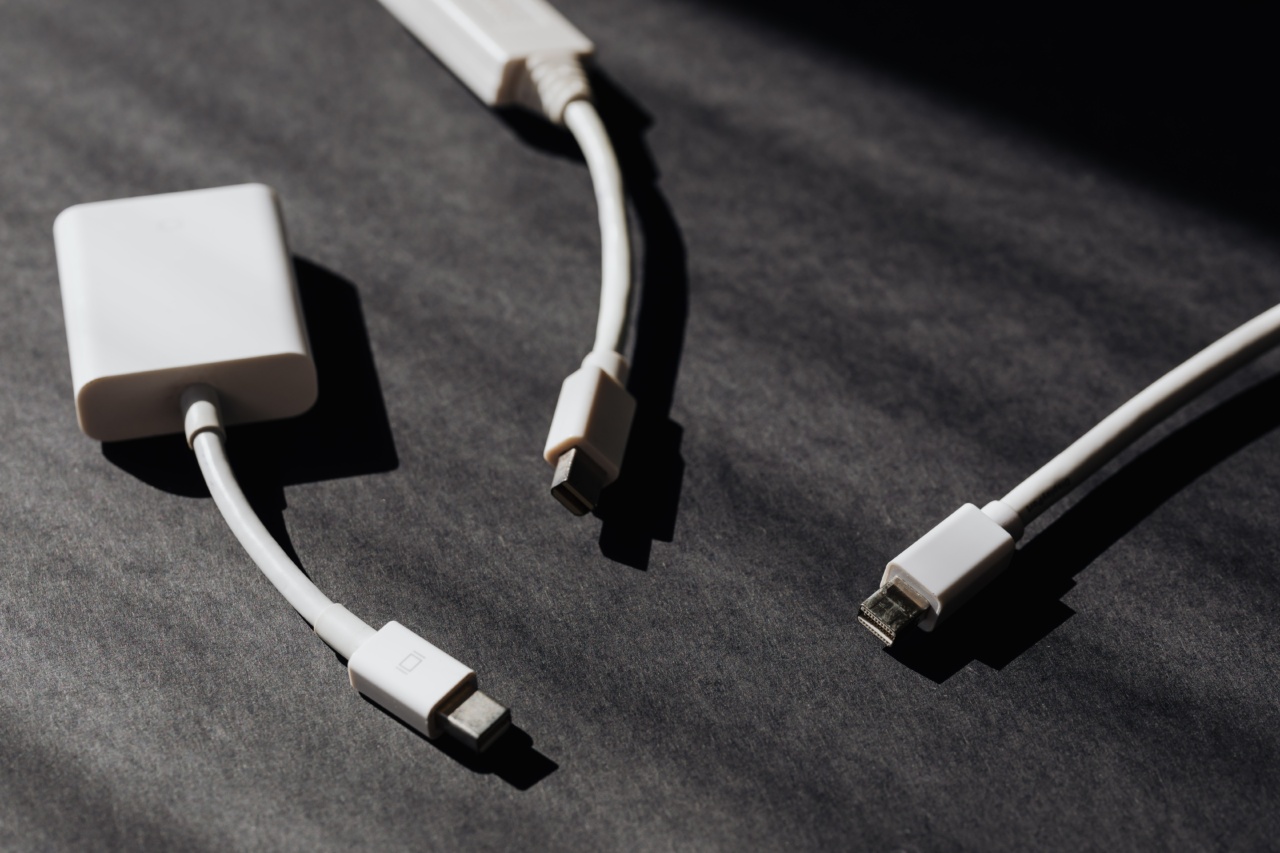High blood pressure, or hypertension, is a common condition marked by elevated blood pressure consistently measured at or above 130 systolic (top number) and 80 diastolic (bottom number).
Blood pressure is the force exerted by your blood against the walls of your arteries. Over time, high blood pressure can cause damage to your arteries, making them more susceptible to plaque buildup that can eventually lead to cardiovascular disease, stroke, and even dementia.
How High Blood Pressure and Dementia are Linked
Dementia is a cognitive decline that affects the brain’s ability to function normally. There are many types of dementia, but Alzheimer’s disease is the most common.
Several studies have shown a strong link between hypertension and dementia, particularly Alzheimer’s disease. Researchers have found that hypertensive patients are at a higher risk of developing cognitive impairment and dementia. In fact, having high blood pressure in midlife has been associated with a higher risk of developing dementia later in life.
There are several ways in which high blood pressure can lead to dementia. High blood pressure can cause damage to the small blood vessels in the brain, leading to reduced blood flow and, subsequently, cognitive impairment.
Chronic hypertension can also cause changes in the brain’s structure and function that are associated with cognitive dysfunction. Additionally, high blood pressure is often accompanied by other risk factors for dementia, such as diabetes and high cholesterol.
Reducing Your Risk of Both High Blood Pressure and Dementia
While there is no cure for dementia, there are many ways to reduce your risk of developing it. One of the most effective ways to reduce your risk of dementia is to control your blood pressure.
Here are some tips to help you reduce your risk of high blood pressure and dementia:.
Eat a Healthy Diet
Eating a healthy diet is one of the best ways to keep your blood pressure in check. Focus on eating plenty of fruits and vegetables, whole grains, lean proteins, and healthy fats. Avoid foods that are high in sodium, sugar, and unhealthy fats.
Additionally, limit your alcohol intake as drinking too much alcohol can increase your blood pressure.
Exercise Regularly
Regular exercise can help you maintain a healthy weight, reduce stress, and lower your blood pressure. Aim for at least 30 minutes of moderate-intensity exercise most days of the week.
Activities such as brisk walking, cycling, swimming, and dancing are all good options. If you’re new to exercise, start slowly and gradually build up your endurance.
Quit Smoking
Smoking can damage your blood vessels and increase your risk of cardiovascular disease and dementia. If you smoke, quitting can help improve your overall health and reduce your risk of developing dementia.
Talk to your doctor or a smoking cessation specialist for help quitting.
Manage Stress
Chronic stress can cause your blood pressure to rise and increase your risk of dementia. To manage stress, try relaxation techniques such as meditation, deep breathing, or yoga.
Additionally, find activities that help you relax and make time for them regularly.
Take Your Medications as Directed
If you have high blood pressure, it’s important to take your medications as directed by your doctor. Your doctor may also recommend other medications to help reduce your risk of developing dementia.
Be sure to follow your doctor’s instructions carefully and report any side effects or issues you experience.
Conclusion
High blood pressure and dementia are two conditions that are strongly linked. While there is no cure for dementia, there are many ways to reduce your risk of developing it.
One of the most effective ways to reduce your risk of dementia is to control your blood pressure. By eating a healthy diet, exercising regularly, quitting smoking, managing stress, and taking your medications as directed, you can help keep your blood pressure in check and reduce your risk of developing dementia.






























